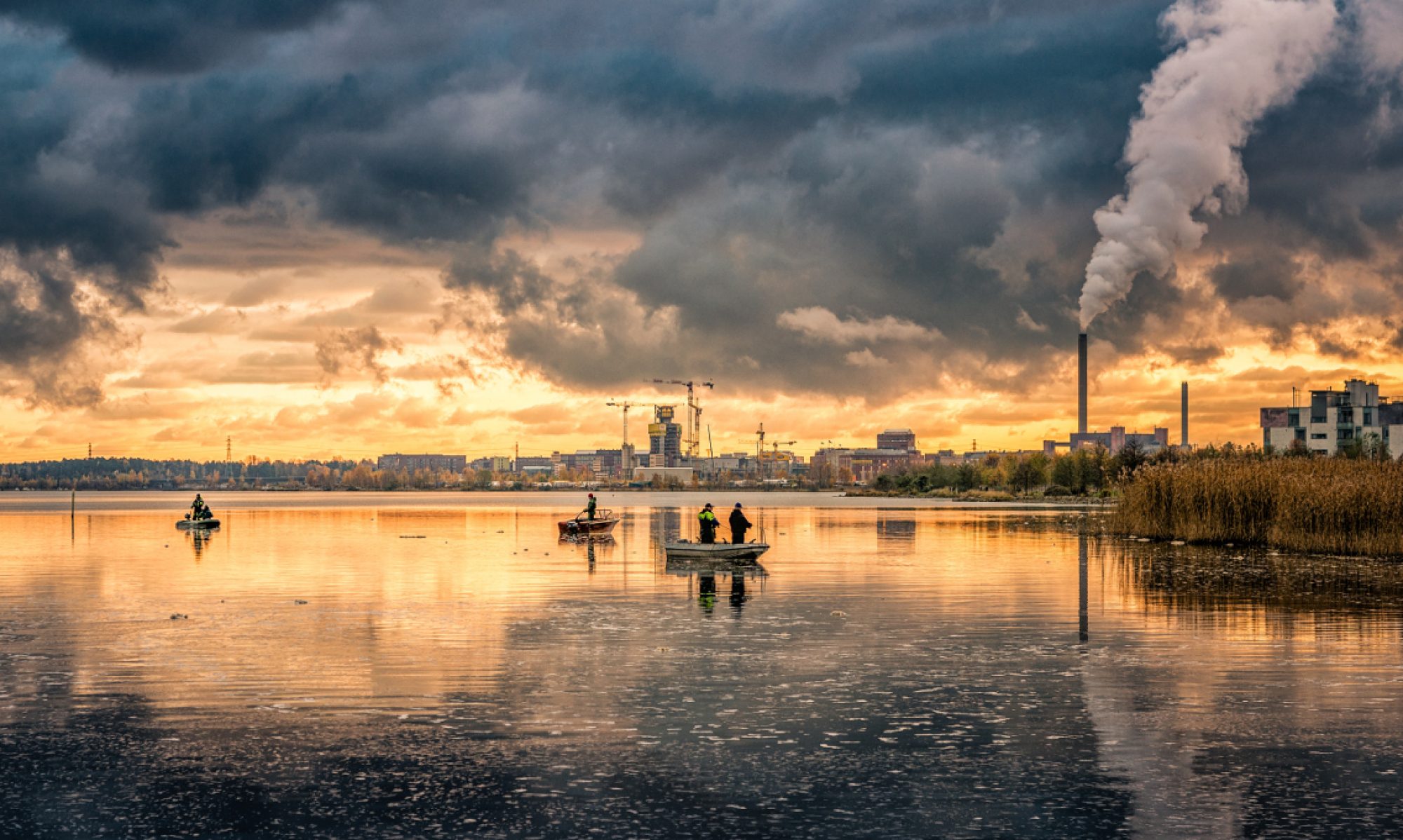“All good creative work should be drudgery. You don’t find great things in large quantities. That’s not part of human existence. If you can find some way to accept that life of pure drudgery, then you can live a long life in the arts; but if you find the drudgery is too painful, then you’ll have a short life in the arts”
Jerry Seinfeld
Research in our lab is focused on fisheries and using statistics to help solve real-world problems. The ‘integrated’ part of our name reflects that many of our projects stitch together information from social science, decision theory, and ecology to address each problem as needed, typically through the use of Bayesian probability. While quantitative models are but one way to see the world, they are our main tools.
So if you’re interested in joining us, you need to be ready to program in either R or Python, and to take on research using probabilistic programming.
The most important traits we look for in people are kindness and perseverance.
A PhD is fundamentally a qualification that says you can undertake research independently, tackling new problems on from start to finish. In learning to do this, you are responsible for developing ideas and skills on your own, with guidance as needed. As a supervisor I am hands off – meaning I expect students to chart their own course day to day and ask questions as often as necessary.
Our research spans a wide range of scales and contexts, from local to global, and from fisheries science to global human health. So if you’re into fish and models, this might be a place for you.
Points to consider
The most important reason for doing grad school in our lab is an unreasonable need to find things out. If you don’t have a burning desire to find things out on your own, likely our lab isn’t for you.
There are many excellent destinations for people with graduate degrees in Biology, and the academic path is but one of them. We value and appreciate students who have a wide range of backgrounds and employment objectives, and have a particular interest in scholars from low-income countries.
Current costs for a 4-year PhD are $135,000 and must come from either scholarships or grants. This means that we only have space for those have secured funding already or are applying for a posted opportunity. If you have a great idea to pursue through a funding scheme, send us an email to talk about it.
If you wish to contact us to introduce yourself or find out more, please send an email to ifisheries@dal.ca.
Current Postings
We have no current postings
